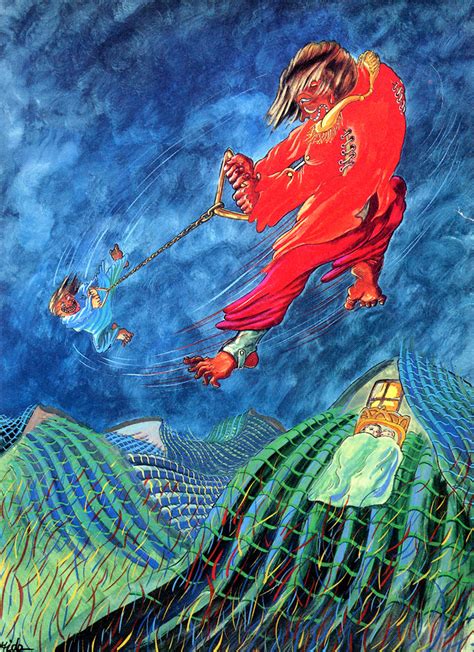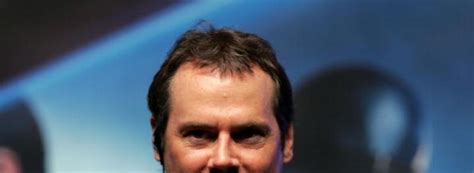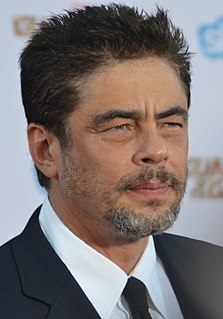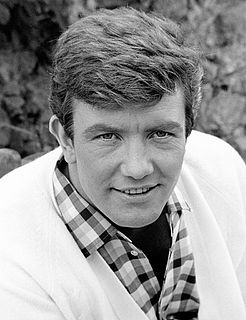A Quote by Ryukishi07
...a story should be like a roller coaster. That is to say before writing a really cruel scene, I have to lift the people's spirits, for example, with a fun scene... Before writing a scene of pure despair, we must go through scenes of hope. And indeed, when I write, all of this amuses me very much.
Related Quotes
have a much harder time writing stories than novels. I need the expansiveness of a novel and the propulsive energy it provides. When I think about scene - and when I teach scene writing - I'm thinking about questions. What questions are raised by a scene? What questions are answered? What questions persist from scene to scene to scene?
When I first started writing, there was no way I'd write a sex scene. That just seemed impossible. That's why in "Fight Club" all the sex happens off-screen. It's all just a noise on the other side of the wall or the ceiling. I just couldn't bring to write in a scene like that. So one of the challenges with "Choke" was I wanted to write sex scenes until I was really comfortable just writing them in a very mechanical way.
Sometimes I'll have a scene that strikes me, I just feel like writing a scene, a mini-story that seems like it might lead somewhere. But that is such a tentative, fishing-hook way to go about it that these days I've found it's easier to kind of at least have your concept and start attaching things to a skeleton. So I try to find the armature, the kind of backbone of it first that you can start to hang those scenes on.
I really like the Chris-R scene and of course the "you are tearing me apart Lisa" scene. The reason I love the Chris-R scene is because we worked really hard to finish it. It's not just that though, it brings people together. Everyone is one the roof together by the end of the scene. You see the perspectives of the different characters. I feel like with all the connections in this scene that the room connects the entire world
I don't think that any scene [in Pineapple Express] is word for word how you'd find it in the script. Some of it was much more loose than others. The last scene with me, Danny [McBride] and James [Franko] in the diner - there was never even a script for that scene. Usually we write something, but for that scene we literally wrote nothing.
What is a scene? a) A scene starts and ends in one place at one time (the Aristotelian unities of time and place-this stuff goes waaaayyyy back). b) A scene starts in one place emotionally and ends in another place emotionally. Starts angry, ends embarrassed. Starts lovestruck, ends disgusted. c) Something happens in a scene, whereby the character cannot go back to the way things were before. Make sure to finish a scene before you go on to the next. Make something happen.
I don't like to think in terms of writing ten or twelve pages a day. Usually I'm writing a scene, and it's always with the idea, "I wonder what is going to happen." Or sometimes I write about something that affected me emotionally the day before and that I don't want to lose. I'm very unorganized at first; but finally it comes into a structure where consciously I'm working on a novel per se.
Sometimes people that are very good at improvisation in life, meaning like stage improvisation, aren't good in films because you have to ultimately take a scene where it needs to go. It's not about just saying something that's funny. You can say something funny but if it's not on story or driving the scene to its end it's really not very helpful at all.








































